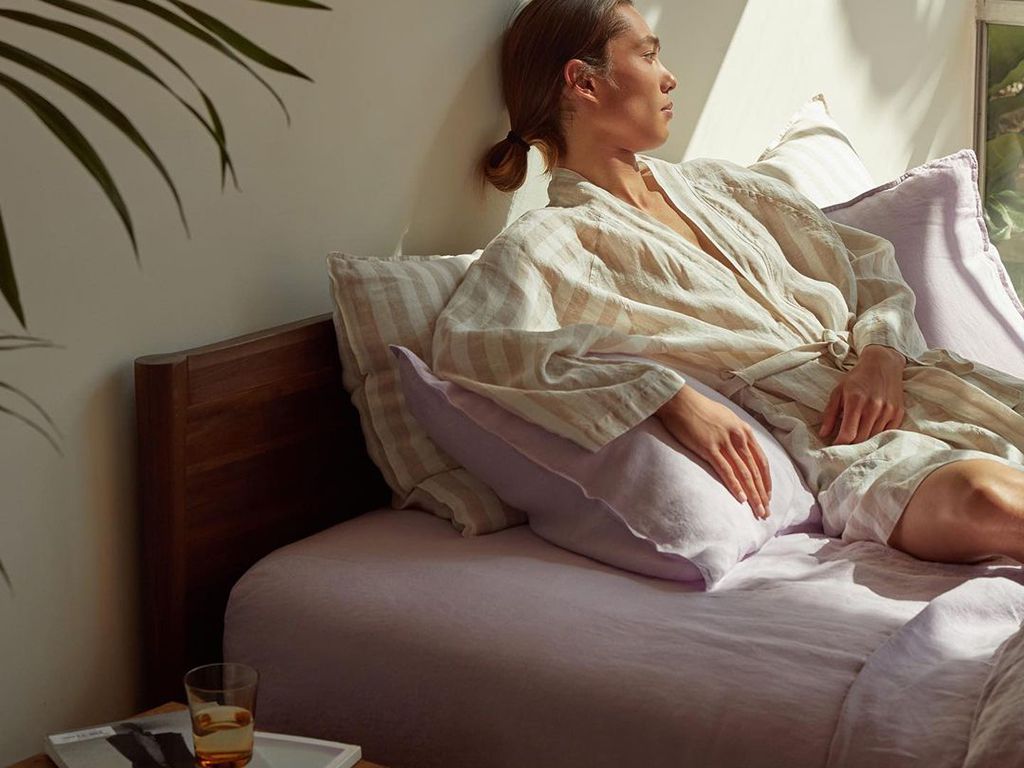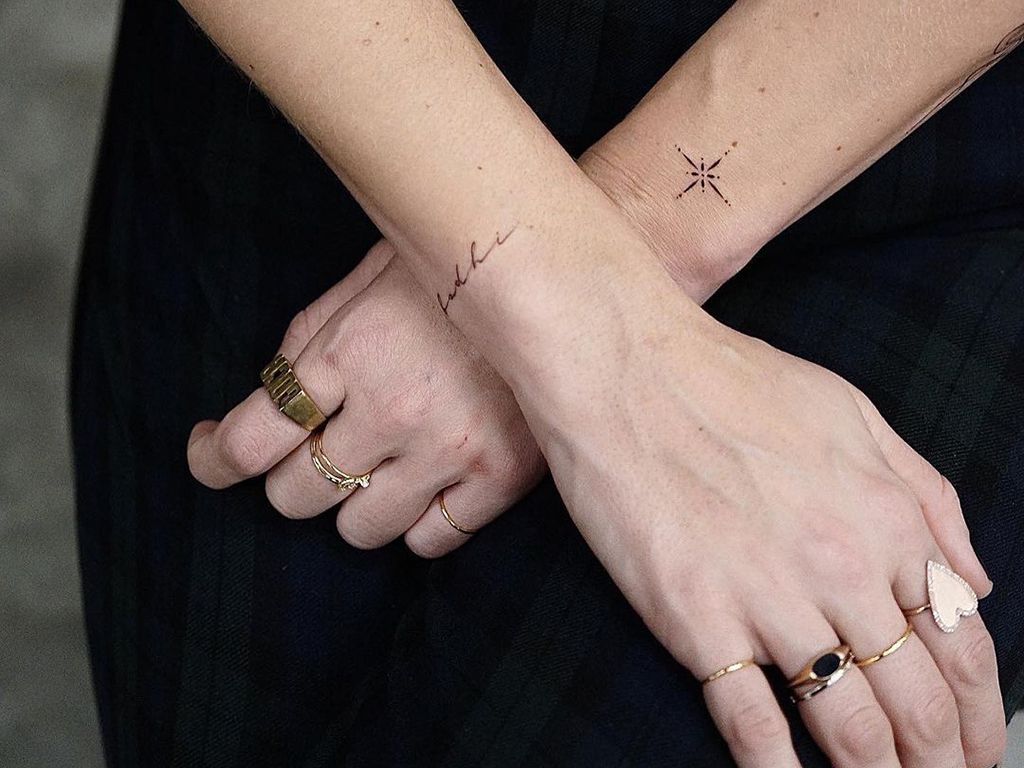How to Get Rid of Blackheads in Ears
Blackheads can pop up just about anywhere—even in hard-to-reach areas like your… ears? Yes, unfortunately, blackheads can form in the delicate skin of your ear, and what causes them isn’t anything out of the ordinary. “Blackheads in the ear are just like those on the face,” says dermatologist Arielle N.B. Kauvar, MD. “They are caused by excess oil that gets trapped in the pore, which is the opening of the hair follicle.”
But, that doesn’t mean fixing the issue is easy: Dealing with blackheads in ears requires more than standard acne care. We asked Kauvar to break it down for us and give us her tips on how to deal with them.
Use Exfoliating Products
According to Kauvar, you can use the same acne-fighting exfoliators meant for your face for your ears as well. Ingredients such as retinol and salicylic acid will help treat those blackheads and prevent future breakouts.
Use a Cleanser For Your Ears
Kauvar suggests cleansing your ears with a facecloth and gentle cleanser at the end of your shower to prevent future breakouts since your skin is warm and hydrated from the steam by then. She says this is especially helpful for those who are acne-prone.
Don’t Extract Yourself
It’s always super tempting to squeeze out a blackhead yourself—there’s a guilty pleasure to it. But Kauvar urges her patients not to. “They are difficult to visualize,” she says. “Picking and squeezing can be very painful on the ear because cartilage is sensitive. It can also lead to infection.”
See a Professional
Yes, a trip to a derm or esthetician for a blackhead seems excessive. But in this case, it’s very necessary. Kauvar strongly suggests you see a dermatologist or an esthetician to extract any blackheads lingering in your ears. She explains that since the ear cartilage is sensitive, using a comedone extractor (a metal device with a small hole that is firmly pressed against the skin to extract blackheads) is often painful and causes unnecessary trauma. Instead, dermatologists use a sterile, pointed scalpel blade to loosen the comedone and then extract the contents by applying pressure with a cotton tip applicator. This approach is gentler and minimizes pain and inflammation.2










